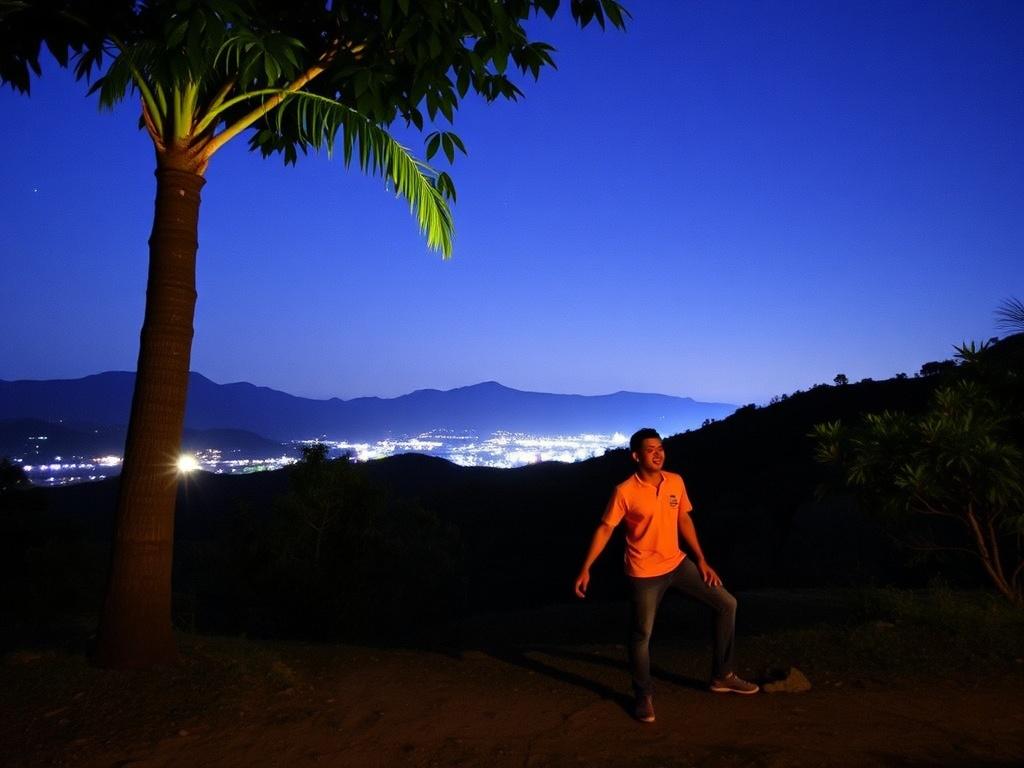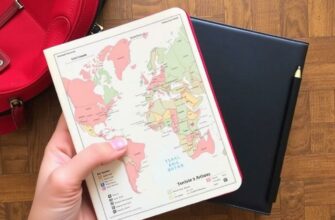Traveling solo can be an incredible experience, full of freedom, adventure, and self-discovery. But when you decide to embrace the world of couchsurfing, especially as a solo traveler, safety becomes a top priority. Couchsurfing offers a unique opportunity to connect with locals, save money, and experience destinations through authentic eyes, but it also requires vigilance and common sense to ensure your trip is both enjoyable and safe. In this article, we’ll dive into essential couchsurfing safety tips for solo travelers that will help you navigate this adventurous way of travel confidently.
What is Couchsurfing?
Before we jump into the safety tips, it’s important to understand what couchsurfing really is. Couchsurfing is a platform and community that allows travelers to stay with hosts around the world for free. Instead of booking a hotel or hostel, you find locals willing to offer you a “couch,” a spare room, or just a place to crash for a night or two. The idea is to foster cultural exchange, friendships, and more personal travel experiences.
For solo travelers, couchsurfing can be particularly appealing. It breaks down barriers, helps you avoid tourist traps, and provides a built-in social network wherever you go. But with this openness comes a need for caution. Here’s how to keep your couchsurfing experience safe and smooth.
Why Safety is Crucial for Solo Travelers on Couchsurfing
Traveling alone already means you’re solely responsible for your safety. When inviting strangers into your private space or staying in theirs, building trust is essential. Unfortunately, not everyone has a pure heart or good intentions. Some hosts might not be who they present themselves to be, and being in an unfamiliar place without other companions can increase your vulnerability.
Staying safe doesn’t mean you have to be paranoid — it means being prepared, proactive, and always trusting your intuition. Let’s explore some practical and effective couchsurfing safety tips for solo travelers that will help you protect yourself while enjoying the best the world has to offer.
Before You Book: Research and Read Reviews
One of the easiest ways to prevent unsafe situations is to do meticulous research. The Couchsurfing platform allows travelers to leave references and reviews after each stay, and these are gold mines for assessing potential hosts.
- Check host profiles carefully: Look for hosts with verified IDs, detailed profiles, and plenty of positive reviews. Hosts who share information about themselves, their interests, and their homes tend to be more trustworthy.
- Read past traveler references: Pay attention not just to glowing reviews but also to any red flags or negative comments. Sometimes, a solo traveler’s review will highlight concerns that others did not mention.
- Contact hosts in advance: Send detailed messages asking questions about their place, neighborhood, co-inhabitants, and expectations. A prompt, friendly, and honest reply is a good sign.
Table 1: How to Evaluate Host Profiles Effectively
| Criteria | What to Look For | Why It Matters |
|---|---|---|
| Verified ID | Host has their profile or identity confirmed by Couchsurfing | Reduces chances of fake profiles |
| Number and Quality of Reviews | Multiple positive references from solo travelers | Shows reliability and friendliness |
| Profile Detail | Well-written bio with photos and interests | More transparency and trustworthiness |
| Communication Response | Quick, clear, and courteous messages | Indicates hospitality and respect |
Set Clear Boundaries and Expectations
One of the most important couchsurfing safety tips for solo travelers is to communicate clearly from the beginning. Let your host know your expectations, such as the hours you’ll arrive, sleeping arrangements, bathroom access, and any personal preferences or concerns. Setting this groundwork reduces misunderstandings and helps you feel more comfortable during your stay.
Also, don’t hesitate to ask about any house rules, pets, other guests, or anything else you feel might impact your comfort and safety. Remember, you have every right to feel safe and respected in someone else’s home.
Tips to Set Boundaries
- Politely discuss sleeping arrangements—so you know if you’ll have a private space or share a room.
- Ask about visitors or parties at the host’s place during your stay.
- Be upfront about your comfort levels around pets or children.
- Clearly state what time you plan to come and leave.
- Share any preferences related to security, such as locking doors or privacy.
Trust Your Instincts but Verify Practical Safety Measures
Our instincts are powerful tools when it comes to personal safety. If something feels off about a host or their environment, it’s okay to cancel your request or make alternative plans. However, instincts alone aren’t enough; it’s also critical to take tangible safety precautions.
Before arriving at your host’s place:
- Share your location and contact details with trusted family or friends.
- Have backup accommodations in mind, such as nearby hostels or hotels.
- Bring your own lock for your bags or valuables.
- Research the neighborhood’s safety online or via travel forums.
Emergency Contacts and Tools to Have On Hand
| Resource | Purpose | How to Use |
|---|---|---|
| Local emergency numbers | Call police, ambulance, or fire in emergencies | Save in your phone and write down on paper |
| Couchsurfing community groups | Help and advice from fellow travelers and locals | Use social apps or forums to ask for support |
| Offline map and navigation apps | Find safe routes if needed | Download before your trip to avoid getting lost |
| Portable door alarm/alert device | Extra security for your sleeping area | Attach to doors/windows as a deterrent |
During Your Stay: Maintain Awareness and Respect
Once you arrive, stay alert to your surroundings while remaining polite and flexible. It’s important to develop a comfortable but cautious mindset. Here are some key safety behaviors to practice during your stay:
- Keep personal belongings secure: Use bags with zippers, keep valuables close, and consider a small portable safe or lock.
- Keep your phone charged and accessible: Always have a way to contact someone.
- Respect the host’s home rules: This fosters goodwill and reduces situations that could lead to conflict.
- Stay sober and make clear-headed decisions: Avoid overindulgence, especially in unfamiliar environments.
- Explore with a buddy when possible: Meet up with other travelers or locals to share adventures safely.
- Have an exit plan: Know early how to leave if you feel uncomfortable.
How to Handle Awkward or Unsafe Situations
No matter how careful you are, sometimes situations may arise where you feel uneasy or threatened. Knowing how to react calmly can prevent escalation and keep you safe.
- Trust your gut immediately. If you sense danger or disrespect, don’t hesitate to express your discomfort and remove yourself.
- Have a polite but firm exit strategy. You can say you’re tired or have other plans. There’s no need to provide detailed explanations.
- Contact a local friend, another host, or Couchsurfing support. Inform someone about the issue for help.
- Use emergency numbers if the situation becomes unsafe or threatening.
- Report the host on the Couchsurfing platform. This protects others in the community.
Additional Couchsurfing Safety Tips for Solo Travelers
Besides the core elements of selecting reliable hosts and staying vigilant during your stay, here are some additional tips to keep in mind:
- Never share too much personal info right away. Keep sensitive information such as your home address or financial details private until trust is well established.
- Meet your host in a public place first. Before heading to their home, you can arrange to meet at a cafe or park to get a sense of them.
- Carry a flashlight or personal alarm. Handy for unfamiliar streets at night or to signal for help.
- Dress to blend in and avoid looking like a tourist. This helps in dealing with local environments and avoiding unwanted attention.
- Trust only the Couchsurfing platform for communications. Avoid moving to other less secure messaging apps too quickly.
Summary Table of Couchsurfing Safety Tips for Solo Travelers
| Stage | Safety Tip | Why It Matters |
|---|---|---|
| Before Booking | Research hosts thoroughly and check reviews | Ensures you pick a trustworthy host |
| Before Arrival | Share trip details with friends/family | Creates a safety net in emergencies |
| Arrival | Meet in public places if possible | Builds initial trust safely |
| During Stay | Keep belongings secure and stay sober | Prevents theft and poor decision-making |
| In Case of Trouble | Have an exit plan and emergency contacts | Allows quick action in unsafe situations |
Making the Most of Couchsurfing While Staying Safe
Couchsurfing presents a fantastic way for solo travelers to meet fascinating people, experience local culture, and save money on accommodation. The key is to blend enthusiasm with prudence. Use your common sense, listen to your instincts, and implement these safety tips to create positive and secure couchsurfing experiences. By doing so, you’ll not only protect yourself but also become a respected member of the global couchsurfing community.
Conclusion

Couchsurfing for solo travelers can unlock a new dimension of travel filled with adventure, connection, and cultural discovery. While it involves stepping out of your comfort zone, prioritizing safety ensures your journey is both fun and secure. From thorough research and clear communication before your stay to staying vigilant and having an exit plan during your visit, these couchsurfing safety tips for solo travelers empower you to enjoy the best of both worlds — authentic hospitality and personal security. Remember, trust is essential but should always be balanced with caution. Travel smart, stay safe, and embrace the incredible experiences that couchsurfing can offer you as a solo traveler.









